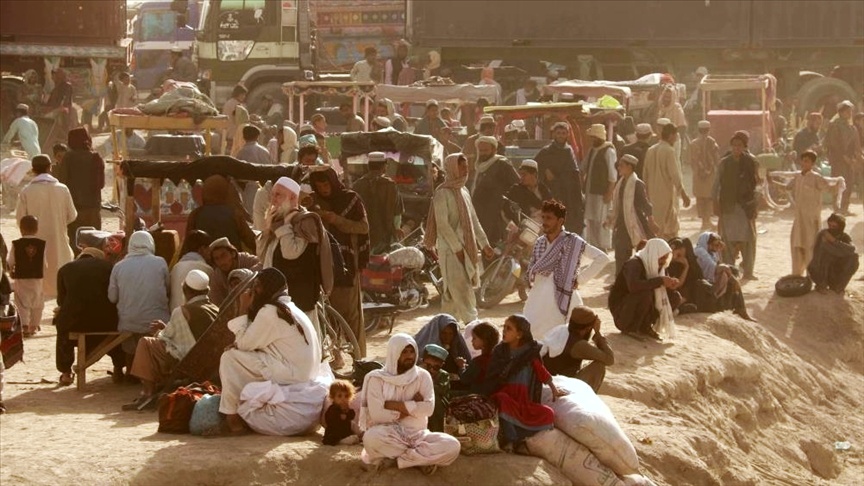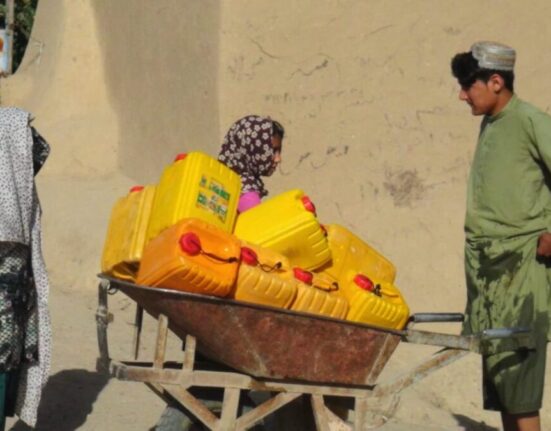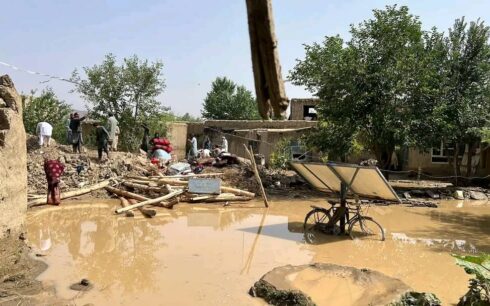The Interior Minister of the caretaker government in Pakistan said that there will be no compromise on the order for undocumented refugees to leave the country by November 1 and warned they would be arrested and deported if they fail to return home voluntarily.
The interim cabinet of Pakistan announced early this month that all “illegal” refugees, including those from Afghanistan, had until November 1 to return home. Pakistan has said that Afghanistan nationals were involved in 14 of the 24 suicide bombings that have taken place in Pakistan this year.
Pakistan Caretaker Interior Minister Sarafraz Bugti said in a statement: “In the meetings about the expulsion of Afghan refugees, all stakeholders were present. In that meeting, it was decided that a grace period should be given to them.”
Bugti claimed that there are refugees who want to return voluntarily.
In Amu’s recent interviews with refugees many said that they were being mistreated by the Pakistani police. The refugees from Afghanistan said many had been detained by police despite having legal documents. This was causing immense psychological problems for them, they said.
Pakistan’s deadline has been widely criticized by many international human rights organizations including Amnesty International and Human Rights Watch.
Associate Asia director at Human Rights Watch, Patricia Gossman described the situation of refugees in Pakistan as “political football” and are people who have long been “kicked back and forth between the two countries with little regard for their rights.”
However, Pakistan argued that the deadline is not set only for refugees from Afghanistan but all illegal migrants.
“People, no matter which nationality they belong to, will not be troubled if they have a valid visa and other required documentation,” Bugti said. “We’re just [planning to] expel illegal immigrants.”
The UN called on Pakistan to stop pressing the refugees and allow them to live in the country voluntarily.
Based on the data of the UN High Commissioner for Refugees (UNHCR), approximately 1.33 million registered refugees hold Proof of Registration (PoR) cards, and 840,000 possess Afghanistan citizenship cards.





